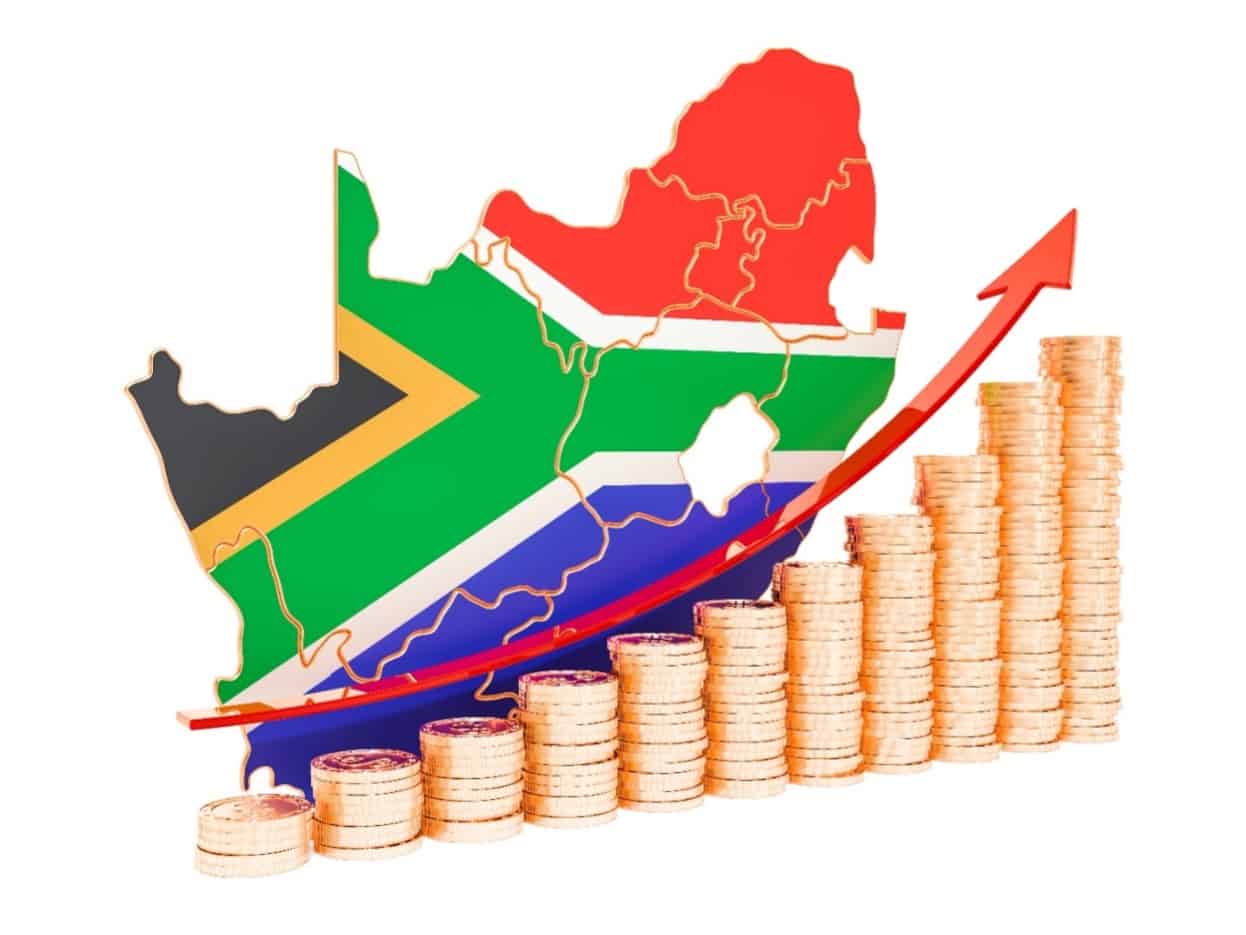Introduction: Unveiling the World of Forex Trading in South Africa
Step into the dynamic arena of Forex trading in South Africa, a realm of financial opportunities where traders navigate the ever-fluctuating currencies to reap potential profits. As a form of over-the-counter market, Forex involves the buying and selling of foreign currencies, attracting a diverse range of participants, from seasoned investors to novice traders seeking to harness the potential of currency movements. In this comprehensive guide, we embark on a journey to unravel the intricacies of Forex trading in South Africa, illuminating its benefits, mechanics, and the crucial elements for maximizing success in this captivating financial landscape.
Understanding Forex Trading in South Africa
Forex trading in South Africa mirrors the global Forex market, where the exchange rates between currencies are influenced by various economic factors. South Africa’s membership in the Financial Action Task Force (FATF) underscores its commitment to adhering to global anti-money laundering and counter-terrorism financing standards. The South African Reserve Bank (SARB) oversees financial markets and banking institutions, bolstering confidence in the integrity and stability of the country’s Forex trading environment.
Advantages of Forex Trading in South Africa
- Global Accessibility: Engage in Forex trading from anywhere in South Africa, as the market operates 24 hours a day, five days a week.
- High Liquidity: Forex is the world’s most liquid financial market, reducing the risk of slippage and facilitating swift execution of trades.
- Potential Returns: Forex trading offers the potential for substantial returns, although it’s crucial to remember that profits are not guaranteed.
- Regulation & Security: Ensure the broker is regulated by the Financial Sector Conduct Authority (FSCA) or another reputable body.
- Trading Platform: Assess the user-friendliness and functionality of the trading platform, considering factors like charting tools and order execution speed.
- Fees & Spreads: Compare trading fees and spreads offered by different brokers to minimize costs.
- Technical Analysis: Involves analyzing historical data and charting patterns to identify trading opportunities.
- Fundamental Analysis: Focuses on economic indicators, news events, and political factors that may impact currency values.
- Scalping: A short-term trading strategy that aims to capitalize on small price movements.
- Capital Management: Determine an appropriate trading capital based on your risk tolerance and avoid overleveraging.
- Stop Loss Orders: Use stop loss orders to automatically exit trades when the market price reaches a predetermined level, limiting potential losses.
- Emotional Control: Forex trading can be emotionally

Image: www.forextraders.com
Image: www.tradingdoze.comHow Does Forex Trading Works In South Africa
https://youtube.com/watch?v=FfYMIhxG-1g
How Forex Trading Works in South Africa
Forex trading in South Africa involves buying or selling currency pairs, such as USD/ZAR (US dollar vs. South African rand). When you buy a currency pair, you are essentially buying one currency while simultaneously selling the other. Currency prices fluctuate continuously based on supply and demand, driven by economic factors and market sentiment. The difference between the buying and selling price constitutes the spread, which is a common cost associated with Forex trading.
Choosing a Forex Broker in South Africa
Selecting the right Forex broker is paramount for success. Consider the following criteria when evaluating potential brokers:
Essential Forex Trading Strategies
Forex trading can be approached using various strategies. Some popular techniques include:
Risk Management in Forex Trading
Risk management is crucial to sustainable success in Forex trading. Key strategies include:






